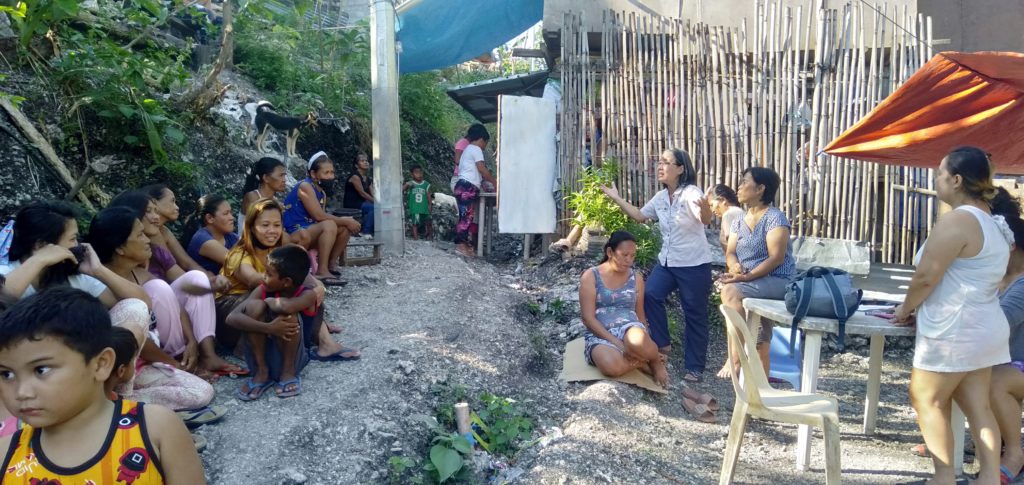The project “Karapatan: Rights-Based Sexual and Reproductive Health (SRH) Information and Services for Filipinos (KRIS)- VPHCS,” also called as the “Yo! Lead or Youth on the Lead” is a leadership program for youth–initiated adolescent reproductive health advocacy and services in the provinces of Cebu, Bohol and Negros Occidental, Philippines that aims to promote increased practice of healthy reproductive and sexual health (RSH) behaviors among the youth.
Now on its fourth and last year, the project has remarkably harnessed the potentials of the Visayan youth to own and develop a reproductive health project that responds to their very own issues and concerns.
The project worked in partnership with 29 youth organizations in selected schools and communities in the three provinces in providing information and access to youth-friendly reproductive health services and developing leadership and life skills crucial to them.
Funded by the Planned Parenthood Federation of America (PPFA), the project was born in 2006 to address the sexual and reproductive health (SRH) problems and concerns of the youth by providing youth -initiated adolescent reproductive health advocacy and services. Teen-age pregnancies, sexually-transmitted diseases and infections, unsafe abortions and cases of violence, among other problems, continue to affect the youth and need to be addressed by all sectors of our society, including the youth themselves.
The project strived to increase the awareness and practice of healthy SRH behaviors and reproductive rights among the youth in the project areas. It also aimed to increase access to, and utilization of rights-based SRH services for the youth.
The project has harnessed the leadership and initiatives of its 29 partner youth organizations in different schools and communities in Cebu, Bohol and Negros Occidental to design and implement projects that provided sexuality education and SRH services to vulnerable youth populations in their schools and localities.
The project trained and mentored leaders and peer educators of these organizations, 20 of which are community-based and nine are school-based, and provided small grants for their projects on SRH information, advocacy and services.
From July 2006 to December 2009, the project has more than a hundred youth leaders and peer educators from schools and communities in the three provinces knowledgeable on SRH issues, effective communication, project management, and leadership development. Through various worthwhile activities and experiences including needs assessments, focused group discussions, trainings on leadership and reproductive health, read more here youth camps, peer educators’ trainings and other educational gatherings, all youth organizations have tremendously enhanced the awareness and practice of safe sexual and reproductive health behaviors, promoted reproductive rights, and increased access to and utilization of rights-based SRH services among their youth populace.
On December 1, 2008, the Youth for Rights Network (Y4R) was launched as a network of the youth organizations. It has engaged in advocacy activities, particularly innovative and creative activities and projects to address particular concerns and needs of the youth especially in reproductive health. Through the programs crafted by the network, it has produced capable, productive and pro-active members of the community.
The project shows that the youth themselves must be empowered to recognize and act upon their needs in order to sustain successful youth SRH programs. However, such programs can work much better when the youth leaders receive inputs on technical concerns and leadership and are supported by a network of adults and services that meet their needs. The project indeed is working towards this end.



